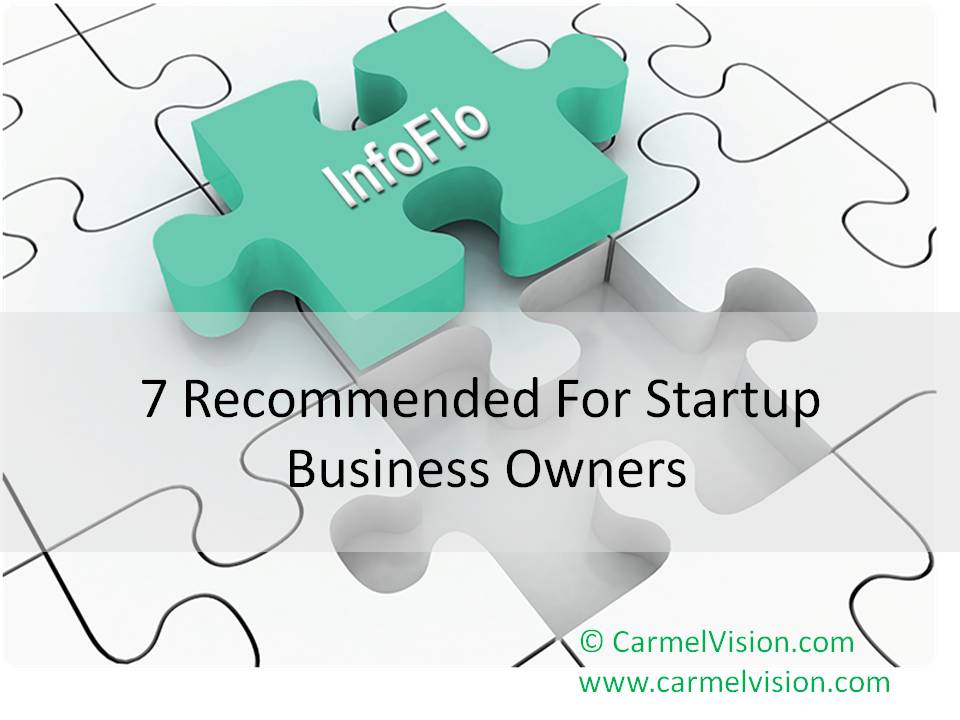Start-up business owners encounter many problems especially in the first 5 years of business. Some of them are internal. These include finance, machinery, human resources, etc. Other factors are external and include competition, the state of economy, changing consumer behavior, etc. If you are start-up business owner looking to ace sales and make your business a success, you should read these 7 books:
1. The 4-Hour Workweek: Escape 9-5, Live Anywhere, and Join the New Rich – Timothy Ferriss
The 4-Hour Workweek: Escape 9-5, Live Anywhere, and Join the New Rich (2007) is a self-help book written by Timothy Ferriss, an American writer, educational activist, and entrepreneur. He came up with the ideas presented in the book while working 14-hour days at a sports nutrition supplement company. Frustrated by the long hours and lack of free time, Ferriss took a 3-week sabbatical. During that sabbatical, Ferriss developed a streamlined system of checking email once per day and outsourcing small daily tasks to virtual assistants. His personal escape from a workaholic lifestyle was the inspiration for this book.
2. Good to Great: Why Some Companies Make the Leap And Others Don’t – Jim Collins
Good to Great: Why Some Companies Make the Leap… and Others Don’t is a self-help book written by James C. Collins that examines how businesses transition from being average companies to great companies and how companies could fail in the transition. The book is recommended for all companies that are not born with great DNA and for “below average” companies that are struggling to make ends meet. To write the book, Collins hired a large team of researchers who studied 6,000 articles, generated more than 2,000 pages of interview transcripts and created 384 megabytes of computer data in a five-year project. The book was a HIT, selling 4 million copies and going far beyond the traditional audience of business books.
3. The E-Myth Revisited: Why Most Small Businesses Don’t Work and What to Do About It – Michael E. Gerber
This book has been recommended by almost every entrepreneur I’ve heard lecture and for good reason. It is the revised and updated version of the phenomenal bestseller The E-Myth (1985), which dispels the myths about starting your own business. Gerber argument is that business owners rarely make good business people, despite the fact that many of them have great and innovative ideas. They fail in business because they are rarely able to connect with their target market and convert good prospects into loyal customers. To help prevent other entrepreneurs from making fatal mistakes, Gerber presented in an easily understood book an effective business model that guides entrepreneurs through at all stages of growth.
4. The $100 Startup: Reinvent the Way You Make a Living, Do What You Love, and Create a New Future – Chris Guillebeau
In the $100 Startup, Chris Guillebeau discusses the challenges a small business encounters when starting and growing. This book is a guide for small business start-ups to overcome these challenges. The $100 Startup is the result of research by surveys and hundreds of interviews with success of startup businesses. Most points in the book are illustrated by examples.
5. Crush It!: Why NOW Is the Time to Cash In on Your Passion – Gary Vaynerchuk
This book is about knowing your passion and earning profits pursuing it using the Internet. Gary Vaynerchuk says you need to have the passion to make profits. The author emphasizes using online platform and personal branding to promote business. The book is a good guide for people who want to start business promotion through social media tools, to succeed offline or online business.
6. The Lean Startup: How Today’s Entrepreneurs Use Continuous Innovation to Create Radically Successful Businesses – Eric Ries
The Lean Startup encourages companies that are able to leverage human creativity effectively and are able to use capital more efficiently. This assertion is an inspiration from lean manufacturing. The whole logic of the book depends on rapid scientific experimentation, validated learning, a number of counter initiative practices that can shorten product development cycles without resorting to vanity metrics.
7. Big Bang Disruption: Strategy in the Age of Devastating Innovation by Larry Downes and Paul Nunes
What do pagers, walkmen, alarm clocks, answering machines, alarm clocks and GPSs have in common? They all have fallen victim to big bang disruption, as Larry Downes and Paul Nunes explain in their stimulating new book, Big Bang Disruption: Strategy in the Age of Devastating Innovation (Penguin, 2014) put it. Big bang disruptions are large-scale, fast-paced innovations that can disrupt stable businesses very rapidly. The point of this book is to document what is known about this phenomenon and the book gives very good examples. There’s nothing better than following in the footsteps of giants who made it big with the start-up idea.
No marketing or sales strategy is complete without an all-encompassing, on-premise CRM tool. Check out InfoFloSoftware and download free trial today!

